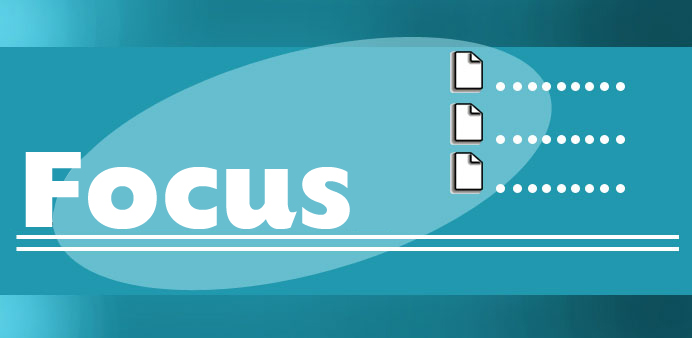AFP
Riyadh
Iran will not be able to reap the benefits of any nuclear deal with world powers without the co-operation of its Gulf neighbours, Saudi Arabia’s foreign minister said yesterday.
Prince Saud al-Faisal’s comments came on deadline day to reach a framework agreement aimed at stopping Tehran from acquiring nuclear weapons, in exchange for easing crippling sanctions. Iran insists its nuclear efforts are for purely peaceful purposes.
“If the P5+1 wanted to give Iran a role in the region they should have first looked to favour an entente between Iran and the Arab states,” Saud told the Shura Council, an appointed consultative body.
He was referring to Britain, France, China, Russia, the United States and Germany, which are negotiating with Iran to end a 12-year dispute over Tehran’s nuclear programme.
Saud asked the six major nations to not “short-circuit the interests of the states of the region by dangling before Iran benefits that it will not be able to reap without co-operation with the countries of the region”.
Israeli Prime Minister Benjamin Netanyahu said yesterday the deal being hammered out would “pave the way” to a nuclear-armed Tehran.
“The greatest threat to our security and our future was and remains Iran’s attempt to be armed with nuclear weapons,” he said in a speech to parliament.
“The agreement being formulated in Lausanne paves the way to that goal,” Netanyahu said.
“We will do everything to protect our security and our future,” Netanyahu said at the swearing-in ceremony of the Israeli parliament.
According to Netanyahu, the emerging agreement will “most likely leave Iran with underground facilities, the nuclear reactor in Arak, advanced centrifuges—all those things that were just a few months ago rightly presented to us as not essential to a peaceful nuclear programme”.
Netanyahu said the “breakout time” for Iran to obtain fissile material for a bomb would not be “years” but rather “a year, possibly even much less than that”, under the framework agreement.
According to Netanyahu, “most” Arab states shared Israel’s concerns regarding a nuclear-armed Iran.
“They understand the Iranian threat, the share our perspective on other threats from extremist Islamist elements,” he said.
“This also creates opportunities,” said the Israeli premier.
“I hope this co-operation between Arab states and us will help us advance peace with our Palestinian neighbours.”

